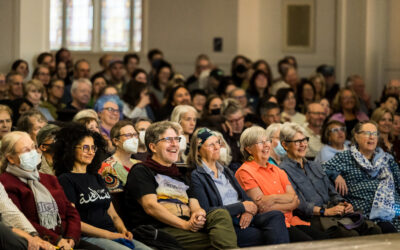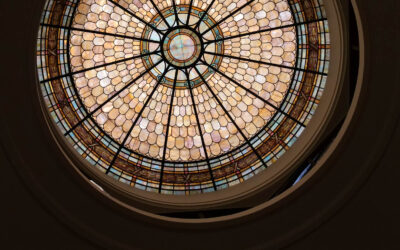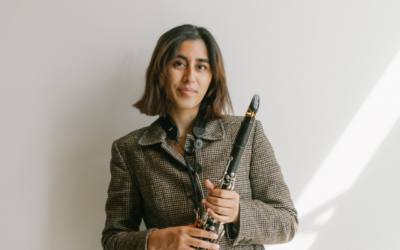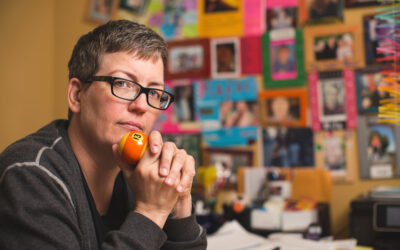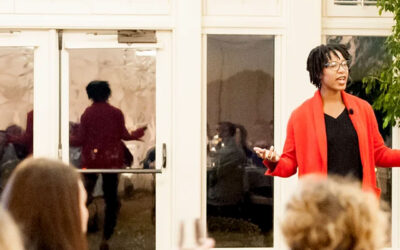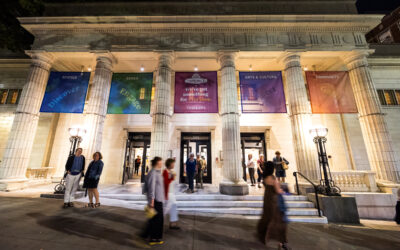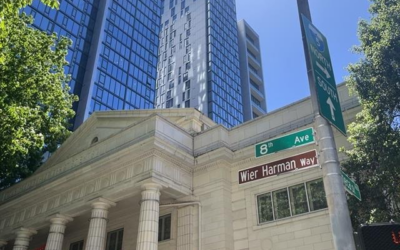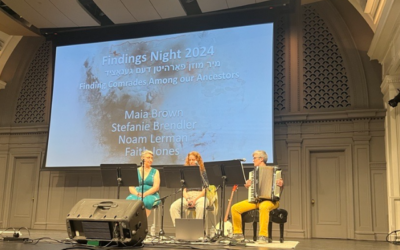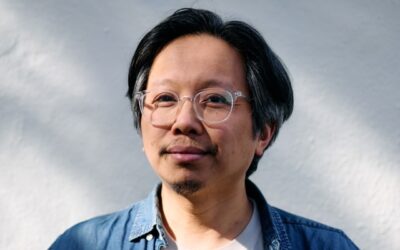A note from Executive Director, Kate Nagle-Caraluzzo One year ago, I stepped into the Executive Director seat at Town Hall — excited, humbled, and a little nervous. After seven years on the...
A New Series in Town
An Eye on the Oculus Series Have you noticed the new “Oculus Series” events popping up on our calendar over the past few months? Since its launch last September, we’ve hosted four incredible events:...
Meet our 2025 Spring Artist-in-Residence, Jahnvi Madan
Jahnvi Madan is an upcoming clarinetist/composer from Bellevue, recently named Earshot Jazz Festival’s Northwest Emerging Artist of the Year. A New England Conservatory graduate who grew up...
Queering Talks with Dr. Jen Self
From the beginning, Town Hall has been about meeting the needs of our city and its people — whether as a concert venue for community orchestras, a place to present new ideas in the form of book...
Introducing: Unlearning with Lindsey T.H. Jackson
Dear friends, I’m thrilled to introduce you to our newest curator here at Town Hall Seattle, Lindsey T.H. Jackson. Lindsey and I first met through Leadership Tomorrow, a program dedicated to...
Election Night at Town Hall
On November 5, our election season programming culminates with two simultaneous events: Election Night 2024 and Reading Through It. Read on to hear from Programming Manager James Kuhn as he shares...
Take a Trip with Us: A Roadmap of our 25th Anniversary
As we come to the end of our 25th anniversary season, we find ourselves looking in the rearview mirror and considering all the things we’ve accomplished. Cueing up the sepia-toned memories, like...
Looking Back – A Town Hall Residency
Wrapping up her residency, Maia shares some reflections on her time at Town Hall. This residency has deepened my conviction that artists are scholars and that art and scholarship are profoundly and...
Reflecting on 10 years of Fog on the Lens
Tomo Nakayama, a multi-instrumentalist, singer, and songwriter from Seattle, recorded his first solo album Fog On The Lens during his 2014 artist residency at Town Hall Seattle. Now, as we celebrate...
